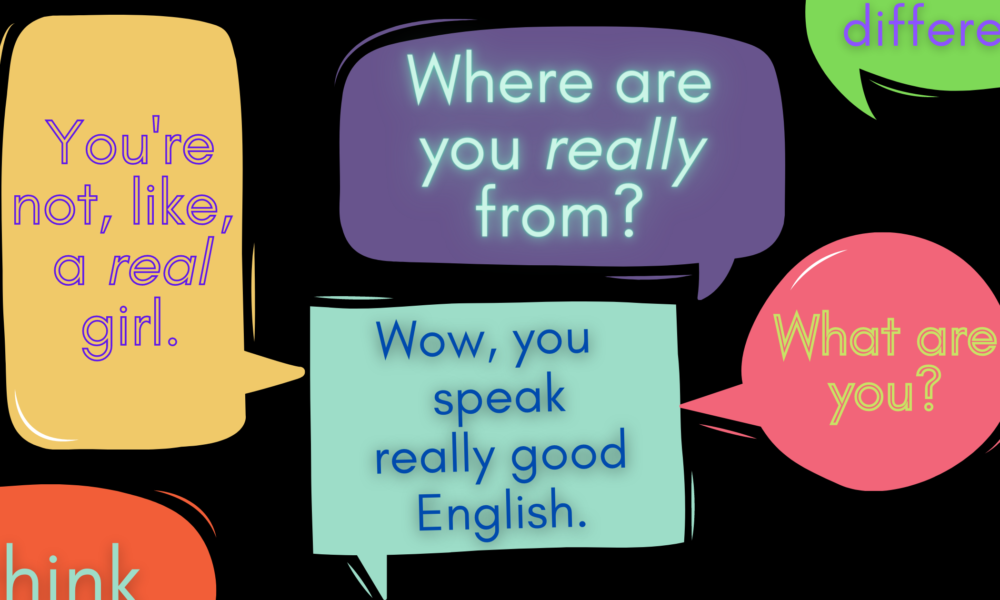As part of Associated Students, Inc.’s Respect Diversity Week, the Office of Multicultural Affairs hosted a virtual event on April 7 to discuss how to respond to microagressions.
The event, “Strategies for Resilience: Responding to Microaggressions,” featured three panelistswho discussed the importance of understanding what microaggressions are and how to navigate through them.
Joanna Limas, a student development fellow with the Office of Multicultural Affairs, kicked off the event by explaining how microaggressions are everyday things, verbal or nonverbal, that communicate negative messages and are typically assumptions made to target a person based on the marginalized group they come from.
“Some examples that come to mind when thinking of microaggressions are questions like, ‘Where are you from?’” Limas said. “That is usually asked with the assumption that you’re not from here, and that can be really offensive.”
Another topic discussed was the power dynamics that are associated with addressing microaggressions.
Jeremy Scruggs, assistant director of the Black/Pan-African Resource Center, asked participants to identify examples of how power dynamics may affect addressing microaggressions in a college setting.
In the chat, one commenter wrote, “Fear of retribution in the form of receiving lower grades.”
Scruggs explained that students aren’t always comfortable addressing microaggressions in a classroom setting because of the hierarchy that is associated with professors.
“Oftentimes, we hear instances where faculty may say something that’s highly offensive and insulting towards a specific group of people, and are protected because of their tenure at their university,” Scruggs said.
According to Scruggs, there are several ways to address microaggressions in a college classroom setting, such as by directly telling the individual that what they said was wrong or offensive.
Another way isto address the microaggression indirectly, by making a statement to the whole class, not just the aggressor. Also, affected individuals can look for support or build networks, including asking other students how they felt about an aggressor’s comment.
Scruggs also said microaggressions can be addressed through reporting, either publicly or privately.
“No one should make you feel ashamed or feel bad for addressing it publicly or reporting it publicly or privately,” Scruggs said. “We are not in the business of protecting anyone’s power, fragility.”
Jasper Chagolla, student assistant for the LGBTQ Student Cultural Center, closed out the event by sharing ways that students can address their own feelings and care for themselves after the experience.
“Some things to remember are that your emotions aren’t wrong,” Chagolla said. “Trust your body, and do what it is telling you to do. Do you need to scream? Do you need to cry? Do you need to rant? Allow yourself to take space.”
They also went on to emphasize that microaggressions are never the victim’s fault.
“You know, sometimes you can get into this headspace like, ‘Oh, maybe if I didn’t do this, if I didn’t do this,'” Chagolla said. “None of that matters. It’s not your fault, it’s never your fault for what happened to you.”
Respect Diversity Week continues through Friday, April 9, and events will be held via Zoom. For more information, visit ASI’s website.




